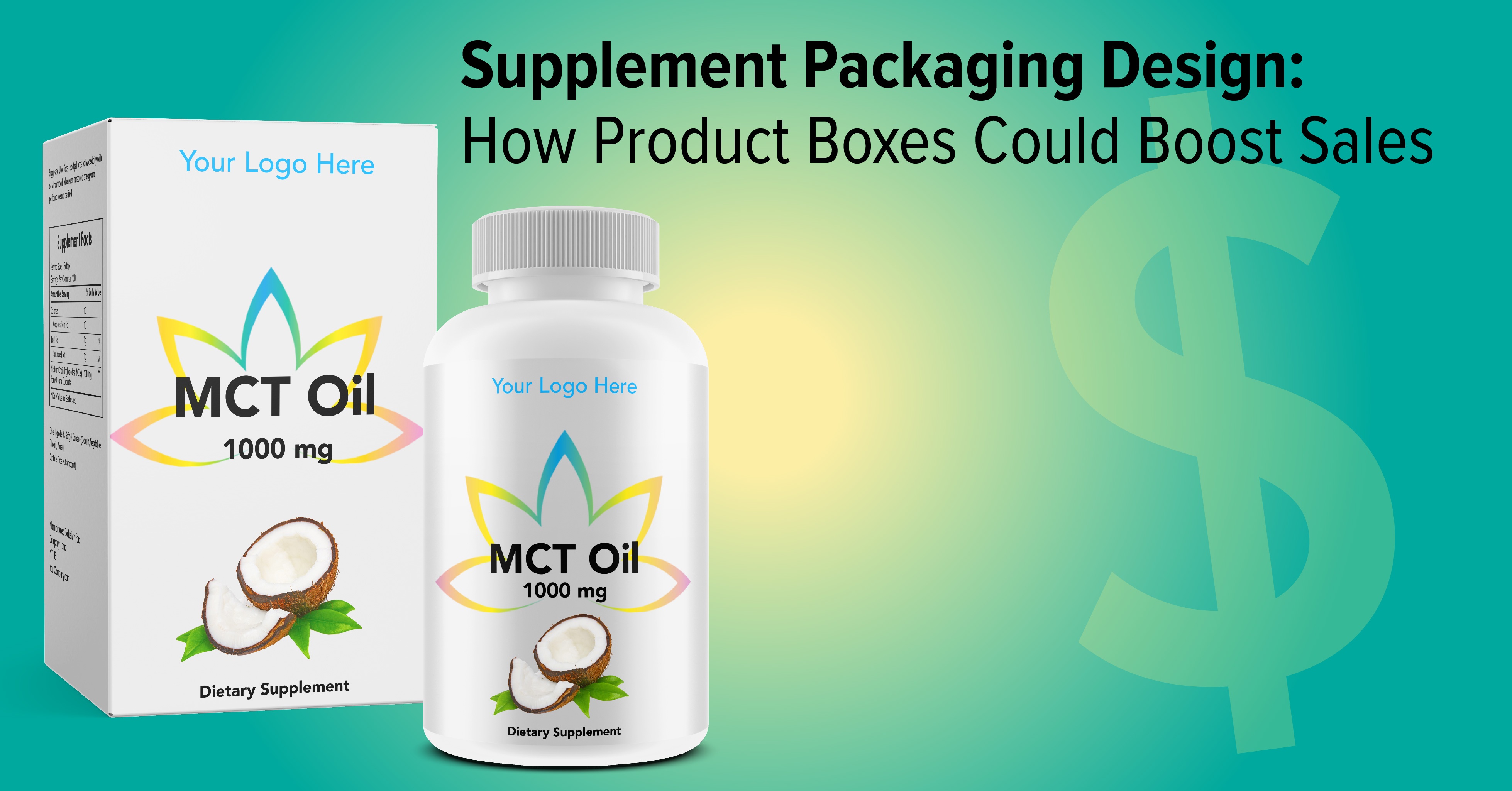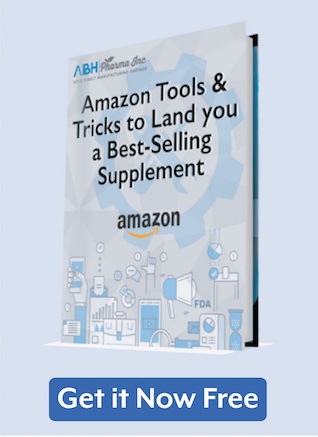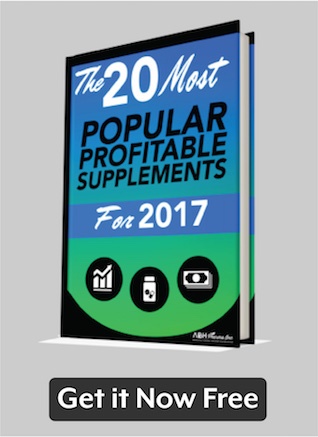Today, supplements can come in tablet or capsule forms, but they can also come in softgels , chewables , liquids and powders .
A wide variety of choices is a positive development for those who take supplements as well as supplement providers. A range of vitamin and supplement format
choices allows consumers to find the ideal delivery system for the vitamins and supplements they choose to take.
That said, the best choices for supplement forms usually boils down to capsule or tablet format. This causes those who take supplements to wonder: Tablet or capsule? Which is best?
Invariably, the same question is also considered by supplement manufacturers, as they want to provide the best and most popular options to their customers. However, there are a number of other factors that play into the capsule or tablet debate. One of the top considerations includes tablet vs capsule absorption.
Tablet or Capsule? Tablet vs Capsule Absorption
Rate of absorption is a major concern when taking a vitamin or supplement.
A common complaint about taking these pills is that they do not absorb quickly or completely enough. In many cases, the bulk of the vitamin or supplement passes through the body and is expelled through the urine.

One way that the absorption rate of supplements is increased is through the addition of other ingredients such as cellulose to help slow down the rate of absorption.
The technology that goes into the development and manufacturing of tablets or capsules has evolved
considerably.
The absorption of both pill options has improved a great deal, as they are tested in conditions that mimic the stomach and digestive tract in order to maximize their absorption into the body.
When it comes to absorption of supplements in tablet or capsule form, faster isn’t always better. There isn’t always a nutritional advantage to it. In some cases, especially with vitamins of higher potencies, a slower rate of absorption might actually be preferable. If absorption pathways become overwhelmed, nutrients can be wasted.
For many essential nutrients, slower absorption is actually better. Some supplements and vitamins are offered in a time release format for this very reason. However, other supplement types such as pre-workout formulas, energy boosters or supplements that boast a fast-acting cure are better served with faster absorption rates.
An Overview of Tablets
 Tablets are less expensive to manufacture than other vitamin and supplement formats, and they tend to be the most cost-effective for consumers.
Tablets are less expensive to manufacture than other vitamin and supplement formats, and they tend to be the most cost-effective for consumers.
They allow tablet manufacturers to pack more product into a smaller space than with capsules or other delivery systems. Tablets are also the most shelf-stable choice, as they can retain their potency for long periods of time.
Tablets can also be made in the widest variety of shapes and sizes, offering even more flexibility and options for the manufacturer and the consumer.
Tablets are also better in terms of consistent absorption, offering an answer to the tablet vs capsule absorption debate in some cases. One of the main downsides to tablets, however, is that their hardness and some of the larger sizes can be difficult to swallow for some persons.
They also don’t offer flexible dosing options like liquids do; however, unlike capsules, they can be more easily divided in half if the customer chooses.
All About Capsules
 Capsules refer to the two-piece gelatin enclosures in which vitamin or supplement material can be placed. (There are a few capsule enclosure options that are gelatin-free and vegetarian.)
Capsules refer to the two-piece gelatin enclosures in which vitamin or supplement material can be placed. (There are a few capsule enclosure options that are gelatin-free and vegetarian.)
They are generally easier to swallow than tablets.
They break down more quickly in the stomach than tablets, which can be positive, negative or neutral depending upon the supplement.
Capsules can also be opened and their inner contents easily emptied and dissolved into food as an alternative way of taking them.
By contrast, pills must be crushed before being added to food. Without a mortal and pestle, this can be difficult to accomplish.
The drawbacks to capsules are that they tend to cost quite a bit more than their tablet counterparts. They also take up more space on store shelves, as their contents cannot be compressed as in tablet form. The shelf life of substances kept inside of capsules is also of shorter duration, as they are usually not air tight.
The following is a more concise overview of the pros and cons of both tablets and capsules for manufacturers and consumers.
The Features and Benefits of Nutritional Tablets
- Widely known and accepted
- Lower cost
- Can be made in custom shapes and sizes
- Scoring makes dose splitting possible
- Take up less space
- Chewable tablets are an option
- Controlled release agents offer ideal absorption and uptake
- Cab be coated for a reasonable cost
- Dissolution can be controlled to offer fast, time-delayed, or extended release
The Features and Benefits of Capsules
- Often easier to swallow
- Protects sensitive ingredients
- Can be opened
- Reduced gastrointestinal irritation
- Unique ingredient combinations are possible
- Gelatin and vegetarian enclosure options
- Oil or fat-soluble nutrient delivery options
Both consumers and supplement manufacturers should be aware of the pros and cons when deciding “tablet or capsule?” Clearly, there are both benefits and disadvantages to each format. Tablet vs capsule absorption should be a primary consideration when deciding which format to use. Some supplement types lend themselves to one format over the other.
However, as you can see, there is still a place for both tablets and capsules in the supplement marketplace. This decision is best made on a case by case basis with each vitamin or supplement product.
Souces: 1. https://www.nowfoods.com/now/ nowledge /tablet-vs-capsule-controversy-which-better






